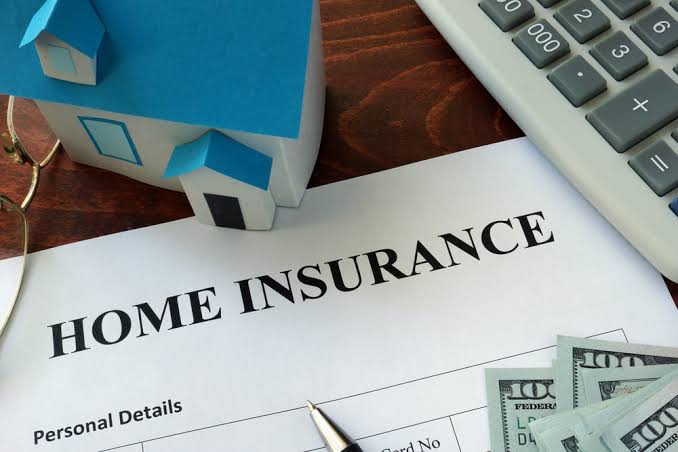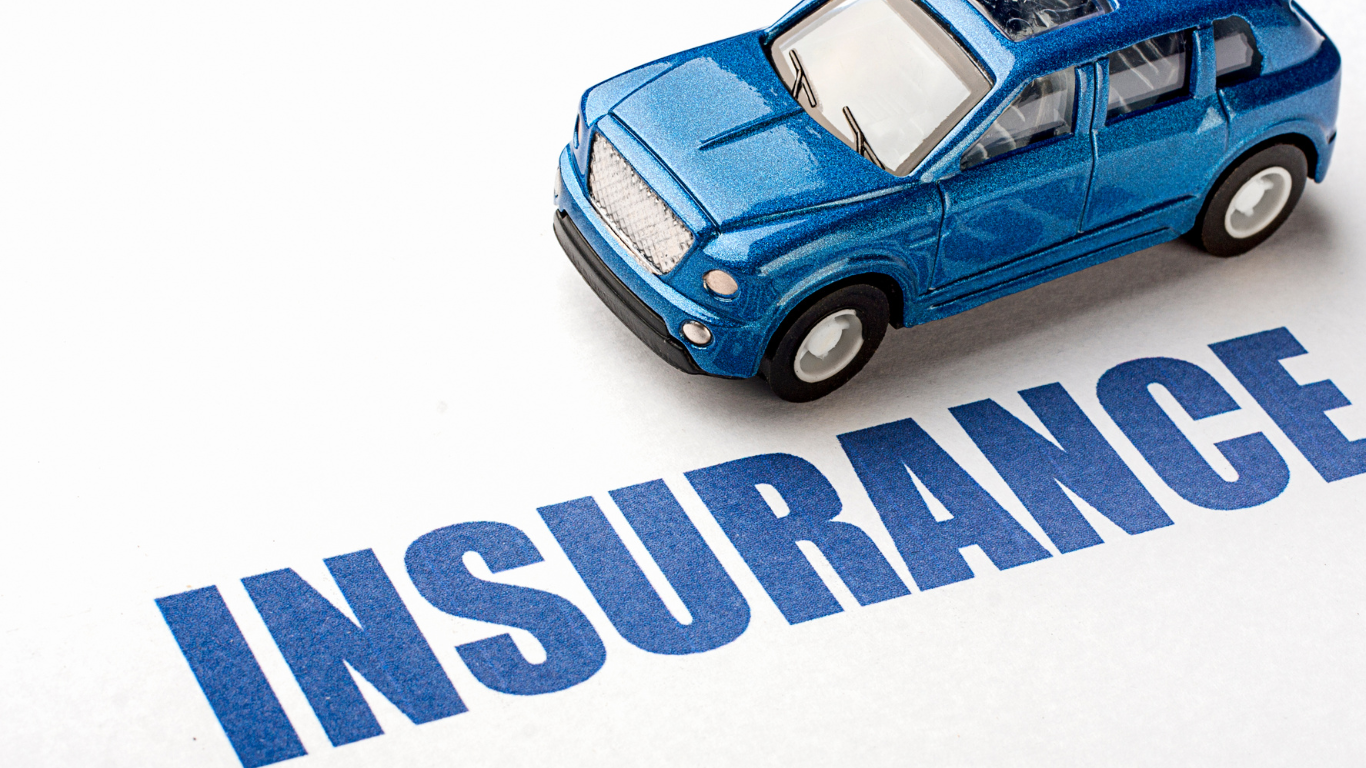The Five Term Life Insurance Mistakes You Should Avoid
You know Dave Ramsey detests cash value life insurance and never advises it, whether you’ve followed him for a day or ten years. Dave will always advise you to purchase term life insurance above any other type of life insurance that is available.
Yet, there are still several things you should be careful not to do, even when looking for the correct form of life insurance. When purchasing term life insurance, these are the top five mistakes consumers make:
First Mistake: Not Purchasing Enough Coverage to Replace Your Income
A good rule of thumb is to always purchase life insurance coverage equal to 10–12 times your annual income. Seriously. The minor policy that you can obtain through your place of employment? It might only provide coverage for a single year, but that won’t do.
If you’re your family’s primary source of income, they depend on you to take care of the necessities like food, shelter, and everything in between. The last thing you’d want if something happened to you is for them to struggle to make ends meet.
Your loved ones won’t be compelled to make significant changes (like selling the house to make ends meet) if you have the correct life insurance policy, and they can continue living until they decide what to do next.
Dave advises investing the life insurance payout in a retirement plan so that your loved ones can receive the much-needed financial security by earning a rate of return that will replace your lost income.
Remember to get coverage for both spouses. Term life insurance is necessary for stay-at-home parents. Estimate the annual cost of their labor to determine how much coverage they require (childcare, education, household duties, etc.). Multiply the sum by 10 to 12.
Mistake #2: Delaying Coverage for Too Long
If you wait too long to purchase life insurance, you expose your family to financial risk. Also, the cost of term life insurance typically rises as you age, so purchasing ahead of time can save you money. After all, your risk of developing health problems increases as you age. As a result, your life insurance premiums will go up, and you might not even be able to buy a policy.
No matter what Baby Step you are on, you must obtain term life insurance. You’ll be well on your way to becoming self-insured once you’ve paid off your debt and amassed your funds.
Mistake #3: Purchasing a Keyword That Is Too Short
We’re all about economizing on expenses. Also, you might be attempting to cut costs by selecting insurance with a shorter term. But what if you purchase a 10-year policy and later experience medical problems that increase the price of your subsequent plan or, worse yet, prevent you from obtaining coverage at all? At that point, saving money up front will ultimately cost you more in the long term.
According to Dave’s general rule of thumb, the policy’s duration should be based on the date your children will be leaving for college and independent life. A 30-year plan can make sense for you if you’re in your 20s and intend to start a family in the upcoming years. A 15- or 20-year plan would be preferable if you already have a few children and don’t anticipate having any more.
Mistake #4: Purchasing Too Many Riders
Some customers succumb to sales pitches for policy-riders, which raise their premium and give their brokers more fee. Don’t be one of them folks! You get virtually little value from these riders.
Income replacement, premium waivers, serious illness, and accidental death are common riders. They are made to trigger our emotions, so we purchase them out of fear. Don’t you want to know that your family will be taken care of if you pass away in an accident? Guess what? Your term life insurance policy provides you with all the protection you require, regardless of your method of death (almost; there are a few extremely rare exceptions). The bottom line: The disadvantages of such riders vastly exceed the advantages.
If there is one circumstance in which this rider rule does not apply, it concerns your children. Consider acquiring a rider to insure your children if your emergency fund isn’t quite there yet (David did it for years). If the unthinkable occurs, it will let you to pay for funeral expenditures.
You can include this kind of rider on your term life insurance policy. It enables you to insure all of your children, giving you peace of mind as you accumulate savings. Be free to remove the child rider and keep the savings once you’ve built up a sufficient emergency fund to cover three to six months’ worth of living expenses.
Mistake #5: Neglecting to Evaluate Your Life Insurance Policy
Advice: To make sure you have what you need for your present situation, it’s always a good idea to examine your term life insurance policy. Your coverage may have been satisfactory ten years ago, but that doesn’t mean it’s still effective today. (And the same holds true for the remaining portions of your insurance.)
To cover your evolving demands, be sure you have enough term life insurance. Perhaps you had a child, purchased a new house, received a promotion at work, gave up smoking, or made other improvements to your health. Most people could probably answer “yes” to at least one of those from the previous year. These momentous occasions might either help you save money or necessitate more coverage. You don’t want to pass up the opportunity to take care of either one.
Life Insurance Should Not Be Postponed
The appropriate kind of life insurance can make all the difference in a sound financial strategy. Delaying the purchase of term life insurance will only ensure that your family experiences financial hardship in the future.



